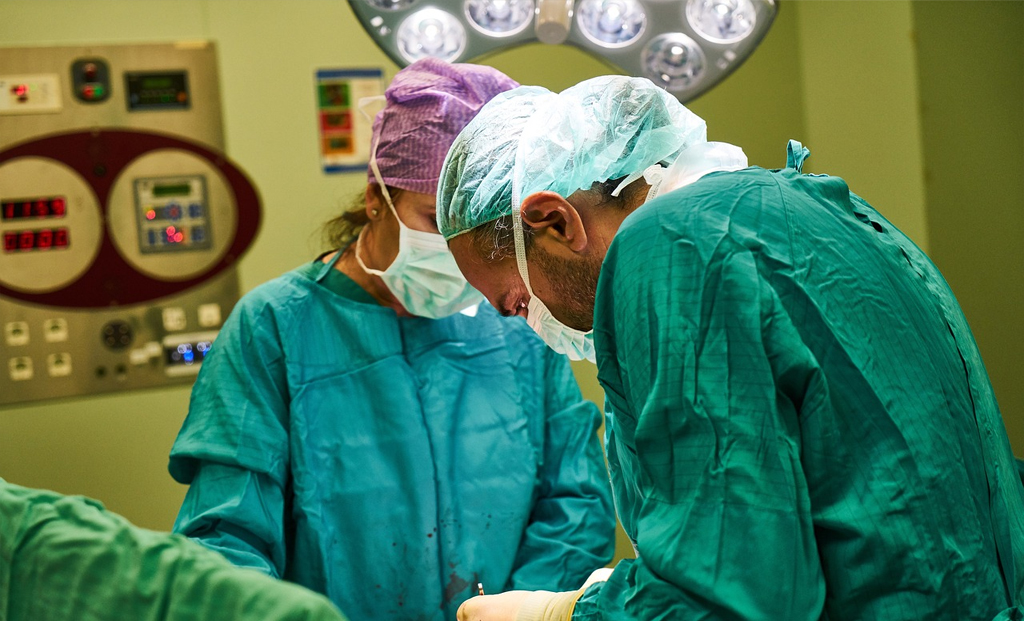Authored by Rahul Misra, Founder, Vesta Elder Care
Delivering Care in the Comfort of Home: The Advantage of Skilled Nursing
One of the primary advantages of skilled nursing care is the ability to deliver it in the familiar and comfortable environment of the elderly person’s home. This not only makes them feel more at ease but also reduces the risk of infections that can occur in hospitals or nursing homes. Skilled nurses and caretakers undergo comprehensive training to provide a wide range of medical services, including medication management, wound care, and chronic disease management.
Specialized Care for Alzheimer’s and Dementia Patients
For elderly individuals with Alzheimer’s and dementia, specialized care becomes crucial. Skilled nurses and caretakers possess the expertise to help the elderly cope with memory loss and provide assistance in their daily activities. Moreover, they offer emotional support and companionship, which plays a significant role in reducing feelings of loneliness and depression among the elderly.
Palliative and hospice care are other critical aspects of skilled nursing care. Trained nurses and caretakers provide compassionate care for individuals with life-limiting illnesses, ensuring their comfort and dignity during their final days. This specialized support greatly contributes to the elderly’s well-being and helps them face the end of life with peace and dignity.
Educating on Health Issues and Fall Prevention
In addition to medical assistance, skilled nurses and caretakers play a vital role in educating the elderly and their families on various health issues. They offer health education, advice on managing chronic illnesses, and guidance on maintaining a healthy lifestyle. Furthermore, they provide valuable insights on fall prevention, a leading cause of injury among the elderly, thereby helping to prevent accidents and maintain their safety.
As the population continues to age, the demand for skilled nursing and caretaking services for the elderly continues to rise. While critical care and hospitalization are necessary in some cases, many seniors prefer to age in the comfort and familiarity of their own homes. Trained caregivers, such as skilled nurses and caretakers, are the ideal solution to address this preference, as they offer a comprehensive range of services that enable seniors to maintain their independence and quality of life.
Assistance with Activities of Daily Living and Emotional Support
Apart from providing essential medical care, skilled nurses and caretakers are specifically trained to cater to the unique needs of elderly patients. They offer assistance with activities of daily living, including bathing, dressing, grooming, and medication management. They also provide support in mobility and fall prevention, which is particularly vital for seniors at risk of injuries. Additionally, skilled nurses and caretakers serve as companions, offering emotional support to elderly patients.
Proactive Health Monitoring and Prevention
Moreover, skilled caregivers play a proactive role in identifying potential health issues before they escalate. Through constant monitoring of vital signs and symptoms, they can promptly report any changes to the patient’s physician. This proactive approach can help prevent hospitalization and reduce the need for more extensive and costly medical interventions.
Skilled nurses and caretakers are a valuable resource in addressing the needs of the elderly population. Their range of services enables seniors to maintain their independence, improve their overall well-being, and reduce the likelihood of hospitalization and other costly medical interventions. As the elderly population continues to grow, it is crucial that we recognize the significance of skilled nursing and caregiving services and make adequate investments in this vital area of care.
Enabling a Dignified and Independent Life
In conclusion, trained caregivers, including skilled nurses and caretakers, play a crucial role in maintaining the health and well-being of the elderly. Their expertise and support not only ensure that medical needs are met but also provide emotional support, companionship, and assistance with daily activities. Their presence in the elderly person’s home promotes a sense of comfort, reduces the risk of infections, and allows for personalized care.











